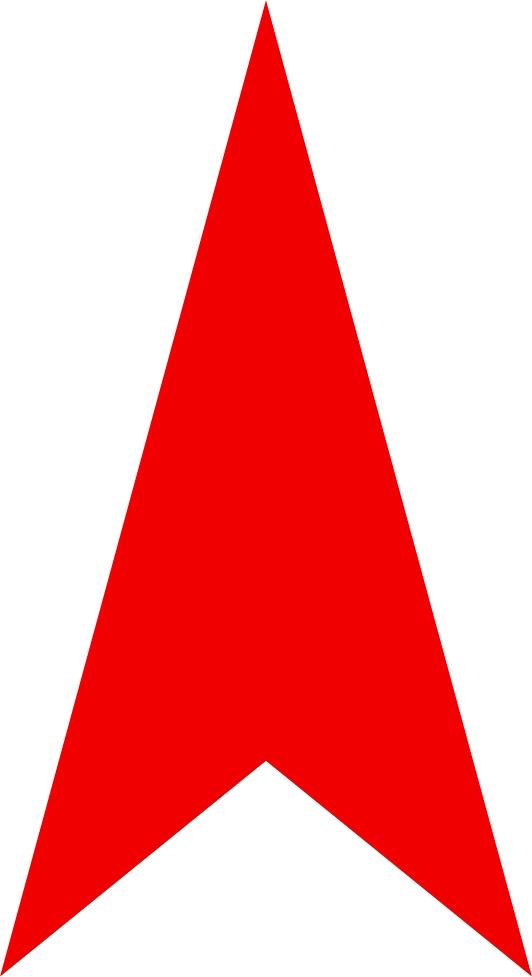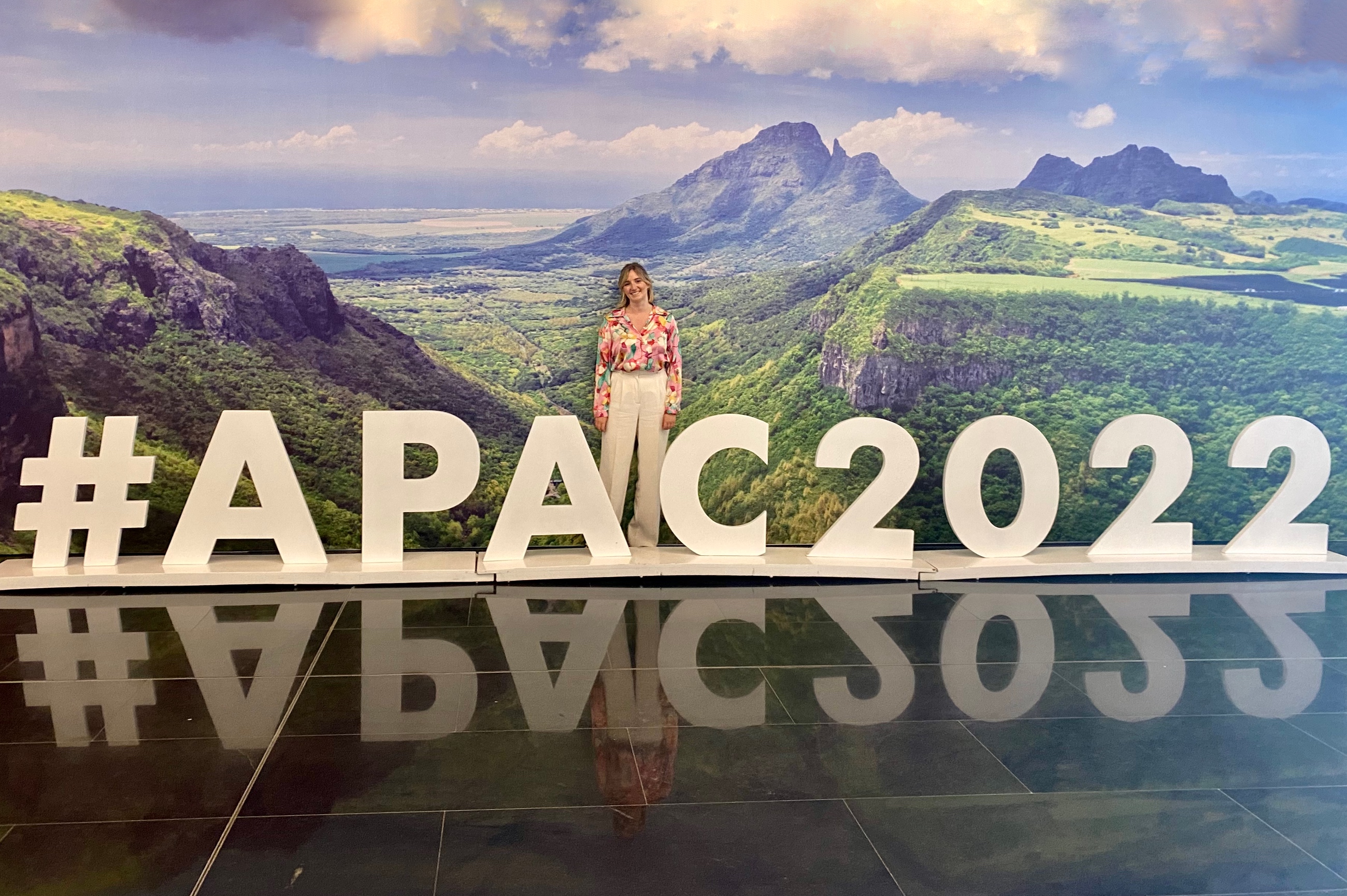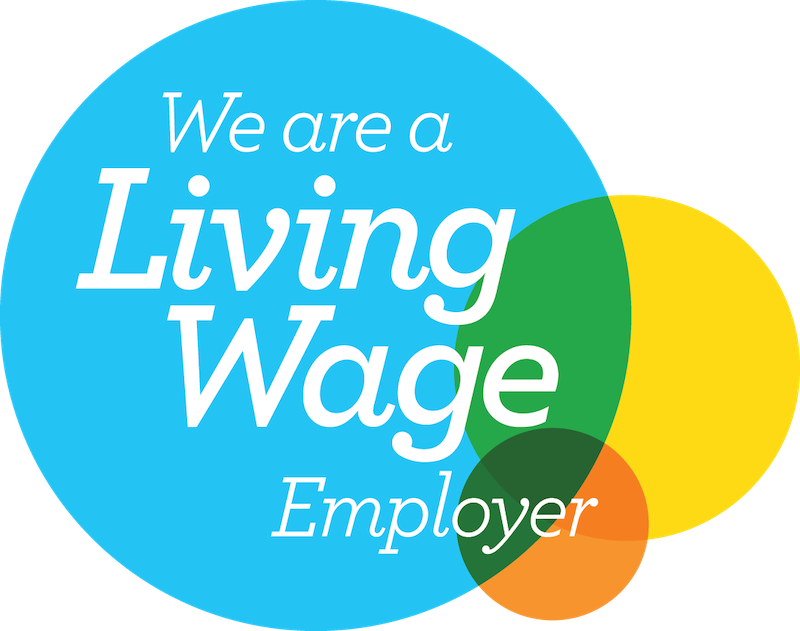Being honest with ourselves about the cost of protecting nature is vital if we are to stand any chance of fighting the twin crises of biodiversity loss and climate change, Katy Roxburgh, Senior Account Director at Atalanta, noted when addressing the audience at Global Youth Biodiversity Network’s (GYBN) Inter-Generational Dialogue on 30 by 30.
‘We have to be honest with ourselves about the scale of the problem, we need $800 billion to fulfil the global biodiversity framework agreement, and presently we only spend $100 billion on biodiversity protection — you can do the maths, we’re $700 billion short. It’s a big number, but the good news is we can meet it.’
Katy was speaking during the inaugural Africa Protected Areas Congress (APAC), which saw over 3000 participants from over 80 countries come together to discuss the importance of conservation and protected areas; how we ensure indigenous peoples and local communities are integrated fully into their management; and how we leverage adequate funding to protect vital biodiversity hotspots and the people that live in and alongside them.
Throughout the course of the week, there were over 100 different panels, keynote addresses, and workshops that brought scientific experts, political leaders, youth, and Indigenous People and Local Community (IPLC) groups together to find common goals for the Kigali Action Plan.
Towards the tail end of the week, on Friday 22 July, Katy took part in a youth-focused event that dug into the details of the global call for the protection of 30% of the world’s land and sea by 2030, also known as the 30 by 30 goal. She was joined by representatives from GBYN, Youth4Nature, NatureWILD, Youth for MPAs, and the Ogiek People’s Development Program.
During the discussion, panellists addressed key issues around youth engagement and how we can ensure their voices are meaningfully considered when negotiating global biodiversity goals. Katy was called upon to address the big elephant in the room when it comes to 30 by 30 — how will it be financed, and will youth organizations be included?
Speaking as a member of the Campaign for Nature team, Katy outlined that the lack of financial resources was one of the main reasons that none of the UN CBD’s Aichi Targets were met between 2010 and 2020. She emphasized that resource mobilisation is currently one of the most critical sticking points in the negotiations leading up to COP15 and the new CBD Global Biodiversity Framework (GBF) and that closing the global biodiversity finance gap and achieving a comprehensive, ambitious, and just post-2020 global biodiversity framework will require increased financial resources from all sources and from all Parties.
Katy went on to outline the African Group of Negotiators' proposition for funding which suggests that as part of the new GBF, all countries commit 1% of their GDP to biodiversity. Working on the basis that 1% of global GDP, which is $85 trillion, would be $850 billion — this could offer a solution to the current stalemate on financing. Importantly this also accounts for countries varying GDPs and would mean that the global north — which contributes more to climate change and biodiversity loss — would be contributing more to the solutions to solve it.
Katy went on to explain that it’s not just about the money itself; it’s about how we disseminate it.
‘One thing we have to also consider is that this needs to be the end of business as usual, that $850 billion can’t be delivered in the way it has done previously. It needs to be going directly to IPLCs and youth groups, as well as the more traditional donor recipients. IPLCs and Youth organisations are often the ones on the front lines of protecting biodiversity, and we need to take that seriously and fund them appropriately.’
The session ended with Katy and her fellow panellists issuing a clarion call to governments, donors, and philanthropists:
‘$800 billion might seem like a lot, but the cost pales into insignificance when you consider the cost of not taking action — humanity and our natural world depends on us financing biodiversity protection seriously.’





